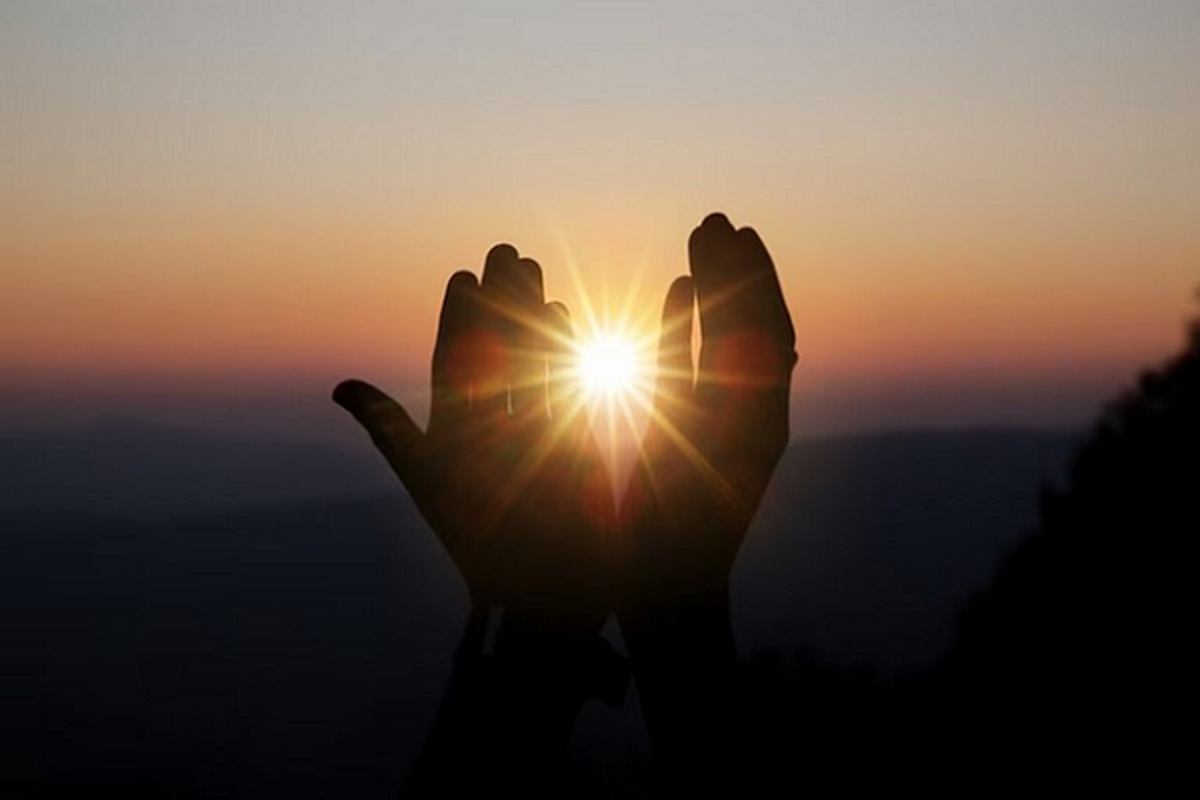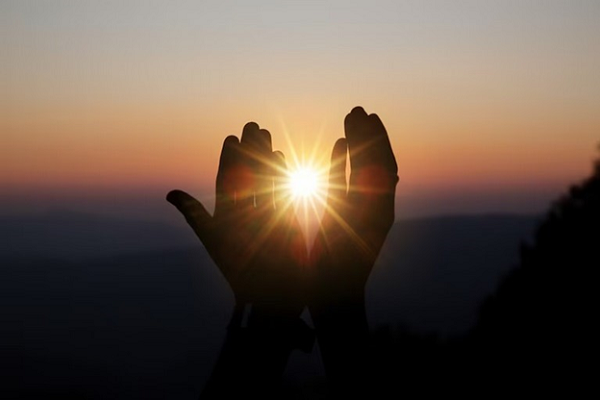Abraham’s Use of Tawbah as An Educational Method


Tawbah (repentance) is an educational method and paying attention to its different aspects would be interesting.
Knowing that by repentance, one can make up for his sin would make it easier for him to renounce sins. But repentance is not just for when one has committed a sin. It is appropriate for one to be repentant even if no sin has been committed.
Imam Sadiq (AS) said the best prayer is Istiqfar (seeking forgiveness from God).
One point about TAwbah is that a teacher should not turn away from his student when the student makes a mistake. The first thing a teacher should do is try to make the student realize his mistake and then accept his apology. Without these, it would have no educational effect.
Abraham (AS), as a great prophet of God, used this educational method.
Abraham (AS) prayed to God about himself and his son Ismail (AS): “Our Lord, make us both submissive to You, and of our descendants a submissive nation to You. Show us our rites and accept us; You are the Receiver of Repentance, the Merciful.” (Verse 128 of Surah Al-Baqarah)
According to Allameh Tabatabaei in Al-Mizan Exegesis of the Quran, by repentance, Abraham and Ismail wanted to get closer to God. He believes that the word Tawbah in this verse means return.
God says in Verse 4 of Surah Al-Mumtahanah: “You have a good example in Abraham and those with him. They said to their nation: ‘We are quit of you, and that which you worship, other than Allah. We disbelieve you, enmity and hatred has shown itself between us for ever until you believe in Allah alone.’ Except that Abraham said to his father: ‘Surely, I shall supplicate to ask for forgiveness for you although I have no power to do anything for you with Allah. Our Lord, in You we have put our trust; to You we turn, and to You is the arrival.”


